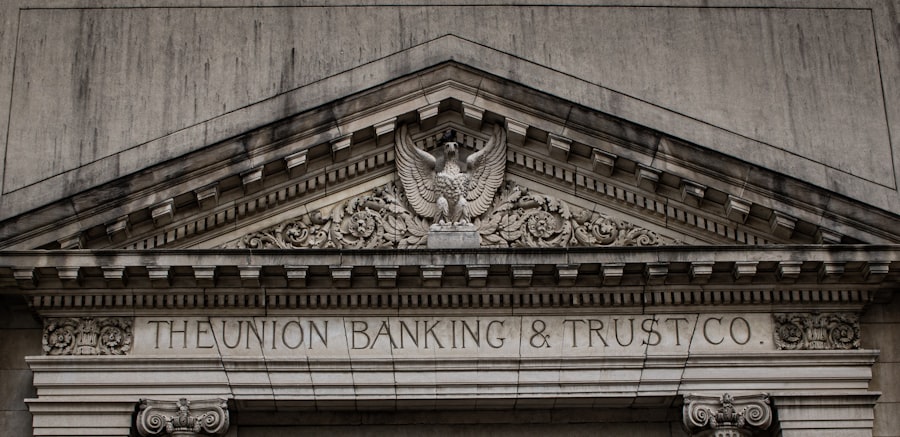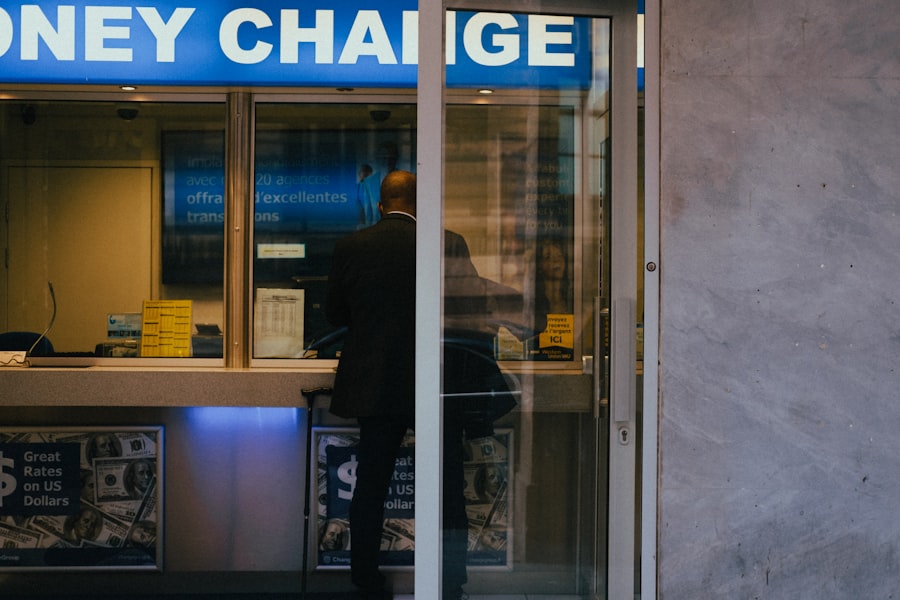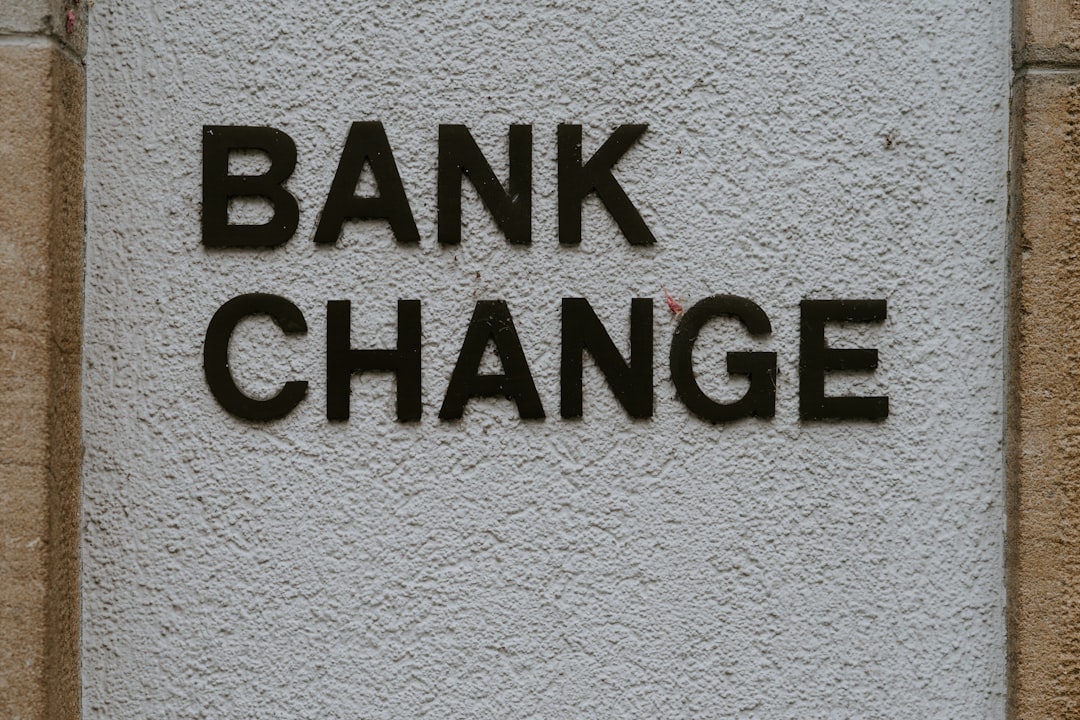Navigating the world of banking can often feel overwhelming, especially when it comes to understanding the various fees that banks impose. Unfair bank charges can take many forms, from overdraft fees to monthly maintenance fees that seem to appear out of nowhere. These charges can significantly impact your finances, leading to frustration and confusion.
It’s essential to recognize that not all fees are justified; some may be the result of errors or lack of transparency on the bank’s part. By familiarizing yourself with common bank charges, you can better assess whether they are fair or if you have grounds to dispute them. Moreover, understanding the terms and conditions associated with your bank account is crucial.
Many consumers overlook the fine print, which often contains vital information about fees and charges. Banks are required to disclose their fee structures, but the language can be convoluted and difficult to interpret. By taking the time to read through these documents, you empower yourself with knowledge that can help you identify unfair charges and advocate for your rights as a consumer.
Key Takeaways
- Unfair bank charges can occur due to various reasons such as overdraft fees, ATM fees, or hidden charges.
- Unauthorized charges can be identified by regularly monitoring bank statements and transaction history.
- Keeping detailed records of all transactions and communications with the bank can help in disputing charges.
- Consumers have rights to dispute unfair charges and can escalate the issue to a manager or supervisor if necessary.
- Contacting consumer protection agencies, exploring legal options, and utilizing social media can help in resolving unfair bank charges.
Identifying Unauthorized Charges
Once you have a grasp on what constitutes unfair bank charges, the next step is to identify any unauthorized charges on your account. Unauthorized charges are transactions that you did not approve or that were processed incorrectly. These can include duplicate transactions, charges for services you never requested, or fees that exceed what was agreed upon.
Regularly reviewing your bank statements is essential in catching these discrepancies early on. By keeping a close eye on your account activity, you can quickly spot any irregularities that may warrant further investigation. In addition to reviewing your statements, consider setting up alerts for transactions over a certain amount or for any withdrawals made from your account.
Many banks offer mobile apps that allow you to monitor your account in real-time, making it easier to catch unauthorized charges as they occur. If you notice something suspicious, don’t hesitate to take action. The sooner you identify an unauthorized charge, the better your chances of resolving the issue with your bank.
Keeping Detailed Records

Keeping detailed records of your banking transactions is a vital practice that can save you time and stress in the long run. By maintaining a personal ledger or using budgeting software, you can track your income and expenses meticulously. This not only helps you manage your finances but also provides a clear picture of where your money is going.
When it comes to disputing unfair charges, having a well-documented record can serve as crucial evidence in your favor. Additionally, it’s wise to keep copies of any correspondence with your bank regarding disputes or inquiries about charges. Whether it’s emails, letters, or notes from phone conversations, having a comprehensive record can bolster your case if you need to escalate the issue later on.
By being organized and thorough in your record-keeping, you position yourself as a knowledgeable consumer who is prepared to advocate for fair treatment.
Knowing Your Rights as a Consumer
| Consumer Right | Description |
|---|---|
| Right to Safety | Protection from hazardous goods and services |
| Right to Information | Access to accurate product information and labeling |
| Right to Choose | Access to a variety of products and services at competitive prices |
| Right to Redress | Ability to seek compensation or resolution for faulty products or services |
| Right to Consumer Education | Access to information and resources to make informed decisions |
As a consumer, it’s essential to be aware of your rights when it comes to banking practices. The Fair Credit Billing Act and the Electronic Fund Transfer Act are two key pieces of legislation that protect consumers from unfair practices related to billing and electronic transactions. Understanding these laws can empower you to stand up against unjust bank charges and ensure that your rights are upheld.
For instance, if you notice an unauthorized charge, you have the right to dispute it and request an investigation from your bank. Moreover, many banks have their own policies regarding customer service and dispute resolution. Familiarizing yourself with these policies can provide insight into how your bank handles complaints and what steps you need to take to resolve issues effectively.
Knowing your rights not only helps you navigate disputes but also instills confidence in your ability to manage your financial affairs.
Contacting the Bank to Dispute Charges
When you identify an unfair or unauthorized charge, the next logical step is to contact your bank directly. Most banks have dedicated customer service lines for handling disputes, and reaching out promptly is crucial. When you call or visit your bank, be prepared with all relevant information, including account numbers, transaction details, and any documentation that supports your claim.
Presenting a clear and concise case will help the bank understand your issue and expedite the resolution process. During your conversation with a bank representative, remain calm and assertive. Clearly explain the nature of the charge and why you believe it is unfair or unauthorized.
Document this interaction as part of your records; having a reference point can be beneficial if further action is needed.
Escalating the Issue to a Manager or Supervisor

If your initial contact with customer service does not yield satisfactory results, don’t hesitate to escalate the issue to a manager or supervisor. Sometimes, front-line representatives may lack the authority to resolve certain disputes or may not fully understand the nuances of your situation. Politely requesting to speak with someone in a higher position can often lead to a more favorable outcome.
When speaking with a manager or supervisor, reiterate the details of your case clearly and confidently. Emphasize any previous interactions you’ve had with customer service representatives and provide any documentation that supports your claim. Managers typically have more experience handling disputes and may be more willing to negotiate a resolution that meets your needs.
Seeking Assistance from Consumer Protection Agencies
If escalating the issue within your bank does not lead to a satisfactory resolution, consider seeking assistance from consumer protection agencies. Organizations such as the Consumer Financial Protection Bureau (CFPB) are designed to help consumers navigate disputes with financial institutions. Filing a complaint with such agencies can prompt an investigation into your issue and may lead to a resolution that you could not achieve on your own.
Before reaching out to these agencies, ensure that you have exhausted all options with your bank and have documented all interactions thoroughly. Providing detailed information about your situation will help consumer protection agencies understand the context of your complaint and take appropriate action.
Exploring Legal Options
In some cases, pursuing legal action may be necessary if all other avenues have been exhausted without resolution. Before taking this step, it’s essential to consult with a legal professional who specializes in consumer rights or banking law. They can provide guidance on whether you have a viable case and what steps you should take next.
Legal options may include filing a lawsuit against the bank for unfair practices or seeking mediation through arbitration services. While this route can be time-consuming and costly, it may be necessary if significant financial harm has occurred due to unfair bank charges.
Utilizing Social Media and Online Reviews
In today’s digital age, social media platforms and online review sites can be powerful tools for consumers seeking resolution for unfair bank charges. Many banks monitor their social media accounts closely and respond quickly to public complaints. If you find yourself struggling to get attention from customer service, consider posting about your experience on platforms like Twitter or Facebook.
When using social media, be sure to remain professional and factual in your posts. Clearly outline the issue without resorting to emotional language or personal attacks. A well-articulated complaint can attract attention from both the bank and other consumers who may have had similar experiences.
Being Persistent and Patient
Disputing unfair bank charges often requires persistence and patience. The process may involve multiple interactions with customer service representatives, managers, and possibly even consumer protection agencies or legal professionals. It’s essential to stay committed to resolving the issue while maintaining a level-headed approach throughout.
Keep in mind that financial institutions often have established procedures for handling disputes, which can take time to navigate. By remaining patient and persistent in following up on your case, you increase the likelihood of achieving a favorable outcome.
Taking Preventative Measures for the Future
Once you’ve successfully resolved an issue with unfair bank charges, it’s crucial to take preventative measures for the future. Consider reviewing your banking options regularly; switching banks may be necessary if you consistently encounter issues with fees or customer service. Look for institutions that prioritize transparency and offer fee-free accounts tailored to your needs.
Additionally, educate yourself about budgeting tools and financial management strategies that can help you avoid unnecessary fees in the first place. By staying informed and proactive about your banking practices, you can minimize the risk of encountering unfair charges down the line. In conclusion, understanding unfair bank charges is an essential skill for managing your finances effectively.
By identifying unauthorized charges, keeping detailed records, knowing your rights as a consumer, and being persistent in resolving disputes, you empower yourself in navigating the banking landscape confidently. Taking preventative measures will further safeguard against future issues, ensuring that you maintain control over your financial well-being.
If you’re looking to tackle unfair bank charges, it’s essential to arm yourself with the right information and strategies. A related article that might be of interest can be found on the Hey Did You Know This website. This article provides insights and tips on how to effectively dispute and negotiate bank fees, ensuring that you are not overcharged. For more detailed guidance, you can read the full article by visiting this link. By understanding your rights and the bank’s policies, you can better advocate for yourself and potentially save money on unnecessary fees.
WATCH THIS! 🏦 1 Billion Dollar Scam That Banks Won’t Stop 🤑
FAQs
What are unfair bank charges?
Unfair bank charges refer to fees or penalties imposed by a bank that are considered excessive, unreasonable, or unjust. These charges can include overdraft fees, insufficient funds fees, and other penalties.
How can I identify unfair bank charges?
Unfair bank charges can be identified by reviewing your bank statements and looking for fees that seem excessive or unreasonable. You can also compare the fees charged by your bank to those of other financial institutions to determine if they are fair.
What can I do if I believe I have been charged unfair bank fees?
If you believe you have been charged unfair bank fees, you can start by contacting your bank to discuss the charges and request an explanation. If you are not satisfied with the response from your bank, you can escalate the issue by filing a complaint with the Consumer Financial Protection Bureau or seeking legal advice.
Are there any regulations or laws that protect consumers from unfair bank charges?
Yes, there are regulations and laws in place to protect consumers from unfair bank charges. For example, the Truth in Savings Act requires banks to disclose their fee schedules to customers, and the Consumer Financial Protection Bureau oversees and enforces consumer protection laws related to banking.
What are some strategies for fighting unfair bank charges?
Some strategies for fighting unfair bank charges include negotiating with your bank to have the fees waived or reduced, filing a complaint with a regulatory agency, or seeking legal assistance. It is important to keep detailed records of all communication with your bank regarding the unfair charges.
